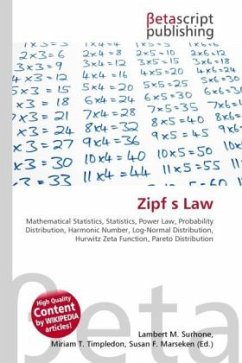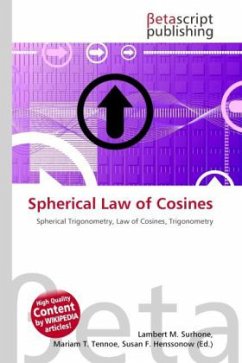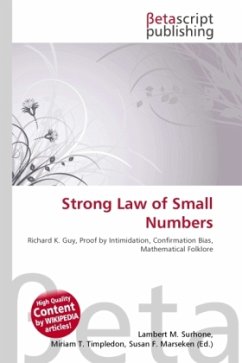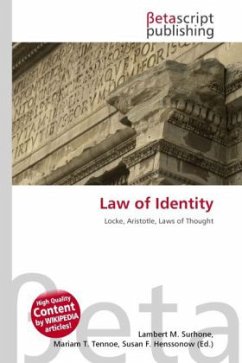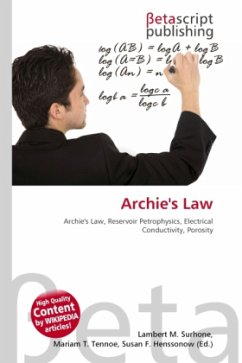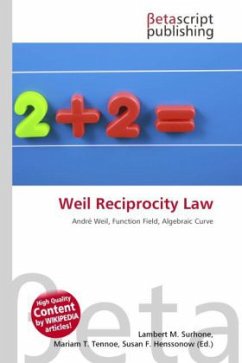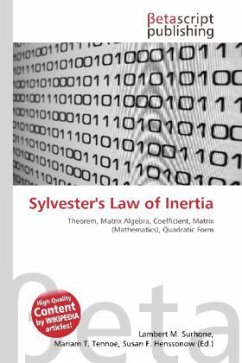High Quality Content by WIKIPEDIA articles! Zipf's law, an empirical law formulated using mathematical statistics, refers to the fact that many types of data studied in the physical and social sciences can be approximated with a Zipfian distribution, one of a family of related discrete power law probability distributions. The law is named after the linguist George Kingsley Zipf who first proposed it (Zipf 1935, 1949), though J.B. Estoup appears to have noticed the regularity before Zipf. Zipf's law states that given some corpus of natural language utterances, the frequency of any word is inversely proportional to its rank in the frequency table.
Bitte wählen Sie Ihr Anliegen aus.
Rechnungen
Retourenschein anfordern
Bestellstatus
Storno

